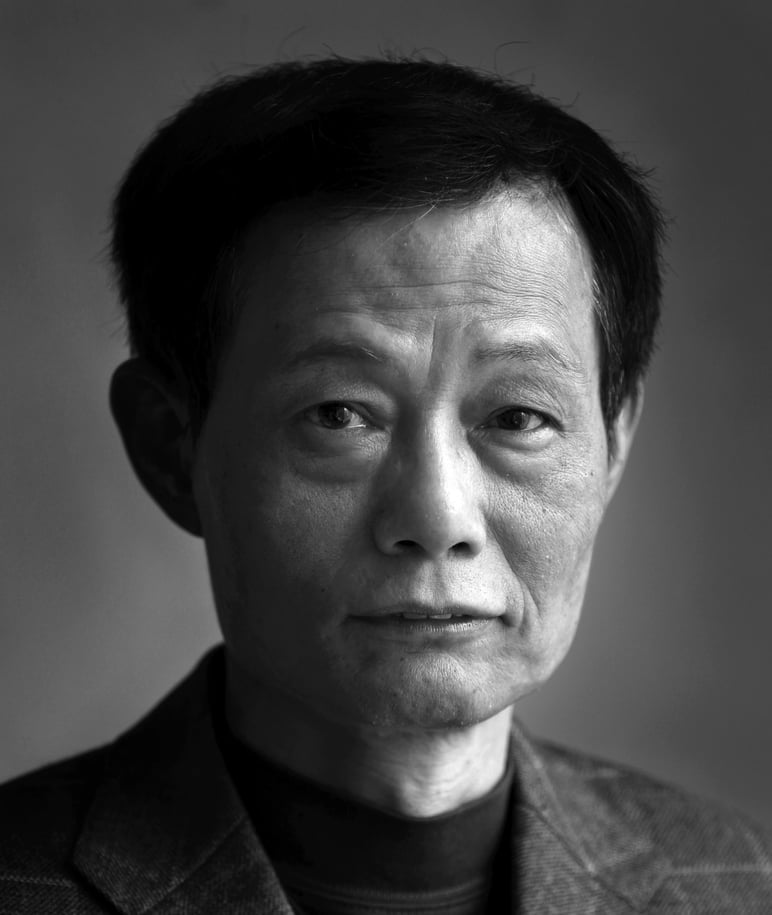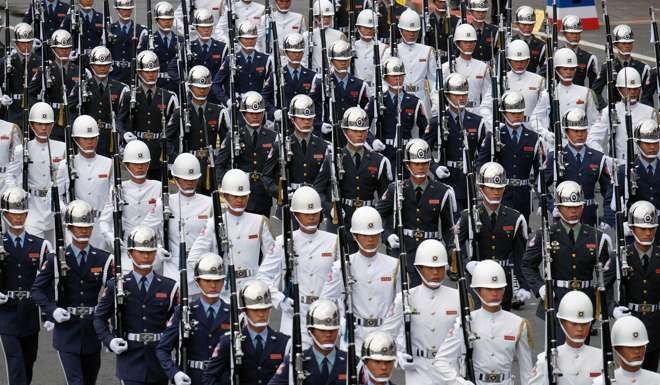
Is it one birthday, two Chinas?
Celebrating 105 years since end of dynastic rule in China, Taiwan’s leader Tsai Ing-wen said Beijing had to accept ‘the ROC’s continuous existence’
The shine of the Republic of China is dimming. But it still symbolises the historic link across the Taiwan Strait.
While the world’s last major communist-ruled nation and one of Asia’s most vibrant free democracies have shared nothing in ideology, rulers on both sides have embraced the 1911 revolution, which overthrew millennia of dynastic rule and founded the first republic, as a milestone in the history of China.
That was why cross-strait relations improved steadily under Taiwan’s Beijing-friendly leader Ma Ying-jeou of the Kuomintang in the eight years up to 2016. But the bond has weakened after Tsai Ing-wen, of the independence-leaning Democratic Progressive Party, became president in May.
Both China’s communists and Taiwan’s pro-independence forces have long tried to put an end to the Republic of China (ROC). Despite the communist endorsement of 1911 revolution, the aim of the bloody civil war between Mao Zedong’s red army and Chiang Kai-shek’s Nationalists between 1945 and 1949, in which millions of innocent Chinese were killed, was to replace the ROC with a communist people’s republic.

And since its founding in 1986, the DPP has aimed to achieve the island’s independence from China, and thus to eventually eliminate the ROC.
As Taipei held big events to mark the republic’s 105th anniversary on Monday, Beijing was watching carefully whose birthday Tsai’s government was celebrating. Which ROC did they mean: a republic also covering the mainland, as the Kuomintang claimed; or just the island, as the DPP said the “ROC in Taiwan”?

The events, and Tsai’s speech, suggested the DPP government’s recognition – despite it being a nominally separatist party – of the self-ruled republic’s historical link with the mainland, despite the ROC’s sovereignty now only covering the island and its 23 million people.
And this might provide reason for both sides to talk to each other, as they both – at least namely – claimed to inherit the ROC’s founding father Sun Yat-sen’s political legacy of “Three People’s Principles”: people’s livelihood, nationalism and democracy, as assimilated into the ROC constitution.
While achieving national unification by force is out of the question, as it would be another civil war and go against universally accepted norms in modern world, democracy has become the only solution as both sides recognise it.

But the political reality is that while the mainland is still under authoritarian communist rule, despite its tremendous economic progress in recent decades, the ROC has evolved a lot from Chiang Kai-shek’s autocracy on the mainland before 1949. The island completed its democratic development throughout the 1980s and 1990s, under two reformist leaders – Kai-shek’s son Chiang Ching-kuo, and Taiwan native leader Lee Teng-hui – to become one of the most mature democracies in the world. This was evidenced by the first presidential election in 1994 and the first smooth and democratic power transition in Chinese history in 2000 when the DPP’s Chen Shui-bian was elected president.
In a democracy, any change of the status quo should be approved by the people. That is the “reality of today’s ROC” that Tsai means for Beijing to accept as it pushes its reunification endeavour.
Cary Huang, a senior writer with the South China Morning Post, has been a senior editor and China affairs columnist since the early 1990s

